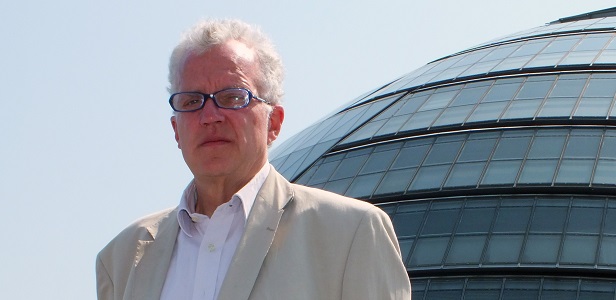THE IDEA of charging motorists up to £20 to go to Heathrow along the M4 may only be kite-flying by the Department for Transport at present, but it is the sort of idea that is going to creep up the political agenda as the roads become increasingly congested. One way or another motorists will be paying much more in future.
Heathrow has a particular problem. The Government would like to see a third runway built at the airport because it is currently operating at full capacity and ministers see aviation as an important generator of economic growth. However, the air pollution around the airport is currently so bad that European rules on the environment would prevent its construction. Therefore radical ideas to prompt passengers and other users of the airport to get there by public transport are a prerequisite of making any progress on this highly controversial scheme.
Indeed, the suggestion of road charging is merely one of a whole host of suggestions being put forward both by the Department for Transport and BAA, which owns and operates the airport, to improve the local environment, such as improving rail access and ensuring that local buses use clean fuel.
While Heathrow is a special case, the suggestion of charging drivers heading for the airport is part of a wider political softening-up process. The only significant transport commitment in Labour’s recent election manifesto was that it would look at ways of introducing a nationwide road pricing system.
There are a number of ways of introducing such a scheme and the technology is quickly becoming available. Already in Germany , all lorries have to be fitted with a global positioning satellite device as they are charged for every kilometre they drive along the autobahns.
Ministers have been frustrated that no other local authorities have followed up the idea of the congestion charge in central London which they see as having been a success in improving the local environment.
In order to encourage further experiments in road charging, the Government is setting up the Transport Innovation Fund in two years time that will offer cash to local authorities who implement schemes to reduce demand for road space. And there is serious money behind this idea. While the fund will start off with a modest £290 million in 2008/09, it will quickly grow to more than £2 billion by 2014/15. With the incentive of millions of pounds of central government cash, expect many more ideas like the Heathrow charge to be promoted by councils. The motoring lobby may complain that such schemes mean drivers are being overcharged, but road charging is seen by ministers and transport experts as an idea whose time has come. And as the effects of global warming become more and more apparent almost daily, the public may well be more willing to accept that the current transport situation is simply unsustainable and that such radical measures are needed.
